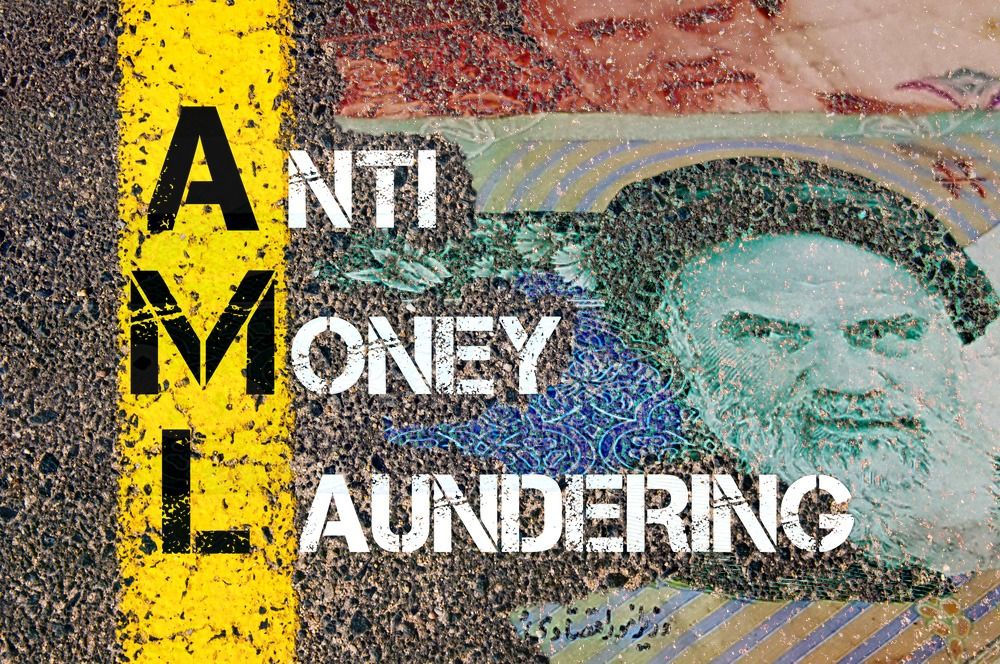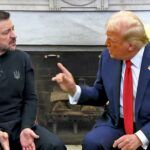International anti-money laundering reforms and Iran
By Aaron Arnold | November 6, 2018
 International anti-money laundering reforms and Iran
International anti-money laundering reforms and Iran
At its October meeting, the Financial Action Task Force—an intergovernmental body that promotes international anti-money laundering and counter-terrorism financing standards—decided that it will not call on its members to apply countermeasures against Iran. (In the world of such intergovernmental bodies, the word “countermeasures” has a very specific meaning: taking action to block Iran. Meanwhile, “measures” merely refers to enhanced scrutiny.) But the organization did say that countries should tightly watch over Iranian transactions even if not going so far as to terminate certain types of banking networks with Iran.
Why is this distinction important? Because in essence, the organization’s decision gives Iran an additional four months to enact anti-money laundering reforms that are in line with international standards—and gives the European Union that much more political wiggle room in its effort to try to salvage the nuclear deal with Iran.
The tortured history of anti-money laundering reforms in Iran. Such reforms are crucial if Iran is to get relief from sanctions. Although enacting new, anti-money laundering legislation is not a condition of the Joint Comprehensive Plan of Action—the agreement between Iran and the P5+1 (the United States, United Kingdom, France, Russia, China, and Germany) that curbed Iran’s nuclear program in exchange for sanctions relief—doing so is necessary for Iran to reintegrate into the global financial system. Foreign investment in Iran, for example, would be stymied if banks perceived the country’s financial system to be high-risk. This is why the Financial Action Task Force’s original decision, back in June 2016, to suspend countermeasures against Iran was so consequential: The decision provided the political space necessary for Iran to begin implementing new anti-money laundering rules and regulations. At least, that was the plan.
That plan changed in May this year, when the Trump administration decided to unilaterally withdraw from the Iran deal and reimpose US financial and economic sanctions. The US Treasury Department gave companies two separate 90-day and 180-day deadlines to end ties with Iran, otherwise known as “wind-down periods.” This week marks the end of the final wind-down period, whereby the United States reimposes sanctions on Iran’s financial, energy, shipping, and insurance sectors. Remarks by US Treasury Secretary Mnuchin suggest that the United States is even prepared to sanction SWIFT—the Belgium-based financial messaging service that handles the bulk of global transactions—if the company does not disconnect Iranian banks from its services. A move like that would not only intensify the dour state of relations with the European Union, but potentially invite significant blow-back against US banks.
In June 2016, Iran committed to implementing an action plan addressing its money-laundering and counter-terrorist financing deficiencies. Although Iran has since moved several reform efforts forward, they still fall short of international standards. Specifically, the Financial Action Task Force noted that Iran had failed to adequately address nine out of ten commitments from the country’s action plan. For example, Iran’s counter-terrorist financing legislation includes exemptions for groups “attempting to end foreign occupation, colonialism, and racism”—a rather glaring loophole. Iran also still lacks appropriate mechanisms and authorities to identify and freeze terrorist-linked assets in line with relevant UN resolutions. And it lacks rules and regulations to ensure adequate customer due diligence requirements. These are just a few of the many places where Iran has failed to measure up to international standards in this area—in some cases, for as long as a decade.
Since 2008 the country has made overtures to join the Financial Action Task Force, and promised to adopt a range of anti-money laundering and counter-terrorist financing reforms. But each year it has fallen short of making any meaningful progress.
Most recently, Iran’s President Hassan Rouhani and his supporters have called for new rules and regulations that would put Iran on track with international standards. Ayatollah Khamenei and hard liners, on the other hand, have expressed opposition to the Financial Action Task Force’s standards, citing concerns that the reforms were instruments of the West. (To be fair, it took Pakistan more than four years to come into compliance with FATF standards after committing to an action plan.)
By February 2019, the Financial Action Task Force expects Iran to implement all of its commitments or else the task force will “take further steps to protect against the risks emanating from deficiencies in Iran’s AML/CFT regime.” Whether this means a recommendation that countries take countermeasures against Iran or perhaps another delay is entirely up to Iran.
Is Iran getting a pass? Since May, EU leaders have been scrambling to keep the Iran nuclear deal intact. Leading proposals include establishing a “special purpose vehicle,” which would essentially act as an intermediary between EU businesses and Iran that would help transactions avoid US sanctions.
In other words, this means the establishment of an alternative payment system that avoids the US financial system. Anticipating such a move, Secretary Mnuchin has already threatened to sanction the “special purpose vehicle” should EU companies use it to avoid US sanctions. For its part, in August, the European Council had tried to prepare for the effects of such a US move by updating its own “Blocking Statute,” which gives EU businesses a legal avenue to recoup damages from US secondary sanctions.
But it would be difficult (if not impossible) for European leaders to continue trying to salvage the JCPOA while also telling its banks that they must employ countermeasures against Iranian transactions as a result of the Financial Action Task Force’s designation of Iran as a “high risk and non-cooperative” jurisdiction.
Although it remains to be seen whether or not the Iran nuclear deal is salvageable, there are few incentives left for Iran to implement anti-money laundering reforms. For better or worse, the Financial Action Task Force and the future of the JCPOA have become politically intertwined as a consequence of US unilateral sanctions. On one hand, the task force has given EU leaders the political latitude to push back against US sanctions—at least for the next four months, during which the European Union will not require its banks to take active countermeasures against Iran. On the other hand, the decision sends the wrong signal to the international community—that international norms and standards are taking a backseat to geopolitics.
Together, we make the world safer.
The Bulletin elevates expert voices above the noise. But as an independent nonprofit organization, our operations depend on the support of readers like you. Help us continue to deliver quality journalism that holds leaders accountable. Your support of our work at any level is important. In return, we promise our coverage will be understandable, influential, vigilant, solution-oriented, and fair-minded. Together we can make a difference.
Keywords: Iran, Iran deal, JCPOA, counter-terrorism, money laundering, sanction
Topics: Analysis, Special Topics














